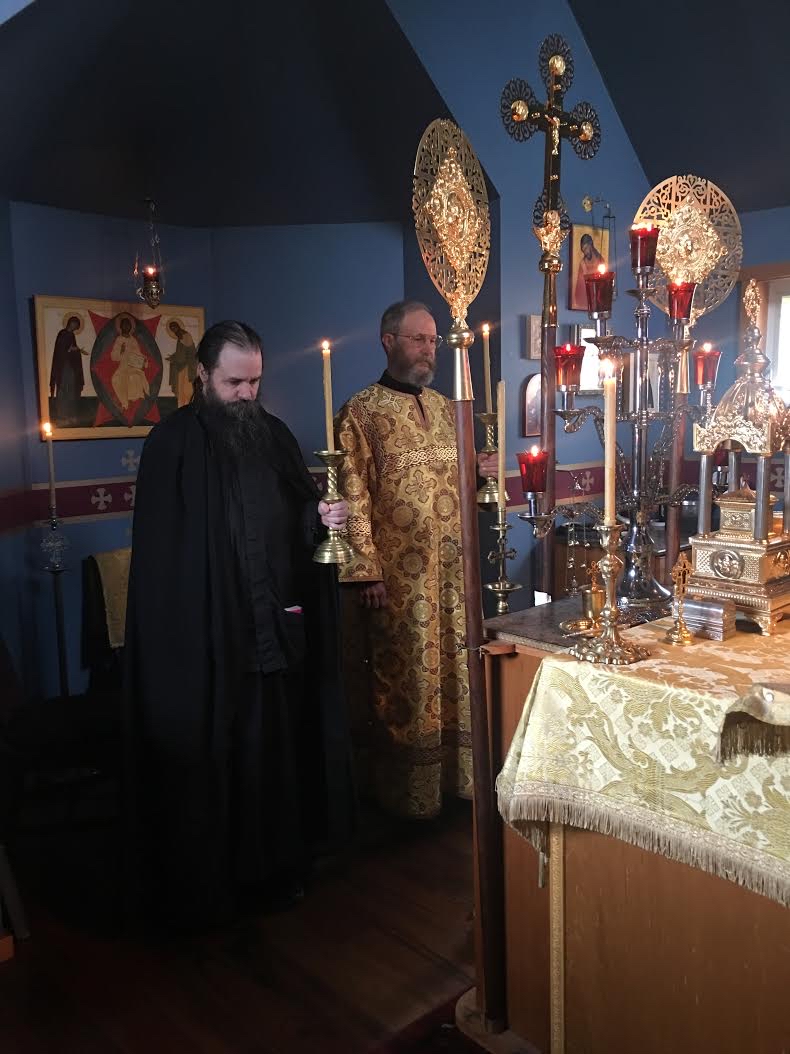"And going about," he says, "to establish their own righteousness, have not submitted themselves unto the righteousness of God. And these things he says to show, that it was from a petulancy and love of power that they erred, rather than from ignorance, and that not even this righteousness from the deeds of the Law did they establish. (Matt. xxi. 38; John. xii. 19, 42.) For saying "going about to establish" is what one would do to show this. And in plain words indeed he has not stated this (for he has not said, that they fell short of both righteousnesses), but he has given a hint of it in a very judicious manner...For if Christ be "the end of the Law," he that hath not Christ, even if he seem to have that righteousness, hath it not. But he that hath Christ, even though he have not fulfilled the Law aright, hath received the whole. For the end of the physician's art is health. As then he that can make whole, even though he hath not the physician's art, hath everything; but he that knows not how to heal, though he seem to be a follower of the art, comes short of everything: so is it in the case of the Law and of faith...For what was the object of the Law? To make man righteous. But it had not the power, for no one fulfilled it. This then was the end of the Law and to this it looked throughout, and for this all its parts were made, its feasts, and commandments, and sacrifices, and all besides, that man might be justified. But this end Christ gave a fuller accomplishment of through faith.(*) Be not then afraid, he says, as if transgressing the Law in having come over to the faith. For then dost thou transgress it, when for it thou dost not believe Christ.
St. John Chrysostom
Homily 17 on Romans 10, 4th Century
Now, should any one say, "And wherefore did Christ fulfill the devils' request, suffering them to depart into the herd of swine?" this would be our reply, that He did so, not as yielding to them, but as providing for many objects thereby.
St. John Chrysostom
Homily 28 on Matthew 8, 4th Century
One, to teach them that are delivered from those wicked tyrants, how great the malice of their insidious enemies: another, that all might learn, how not even against swine are they bold, except He allow them; a third, that they would have treated those men more grievously than the swine, unless even in their calamity they had enjoyed much of God's providential care. For that they hate us more than the brutes is surely evident to every man.
St. John Chrysostom
Homily 28 on Matthew 8, 4th Century


